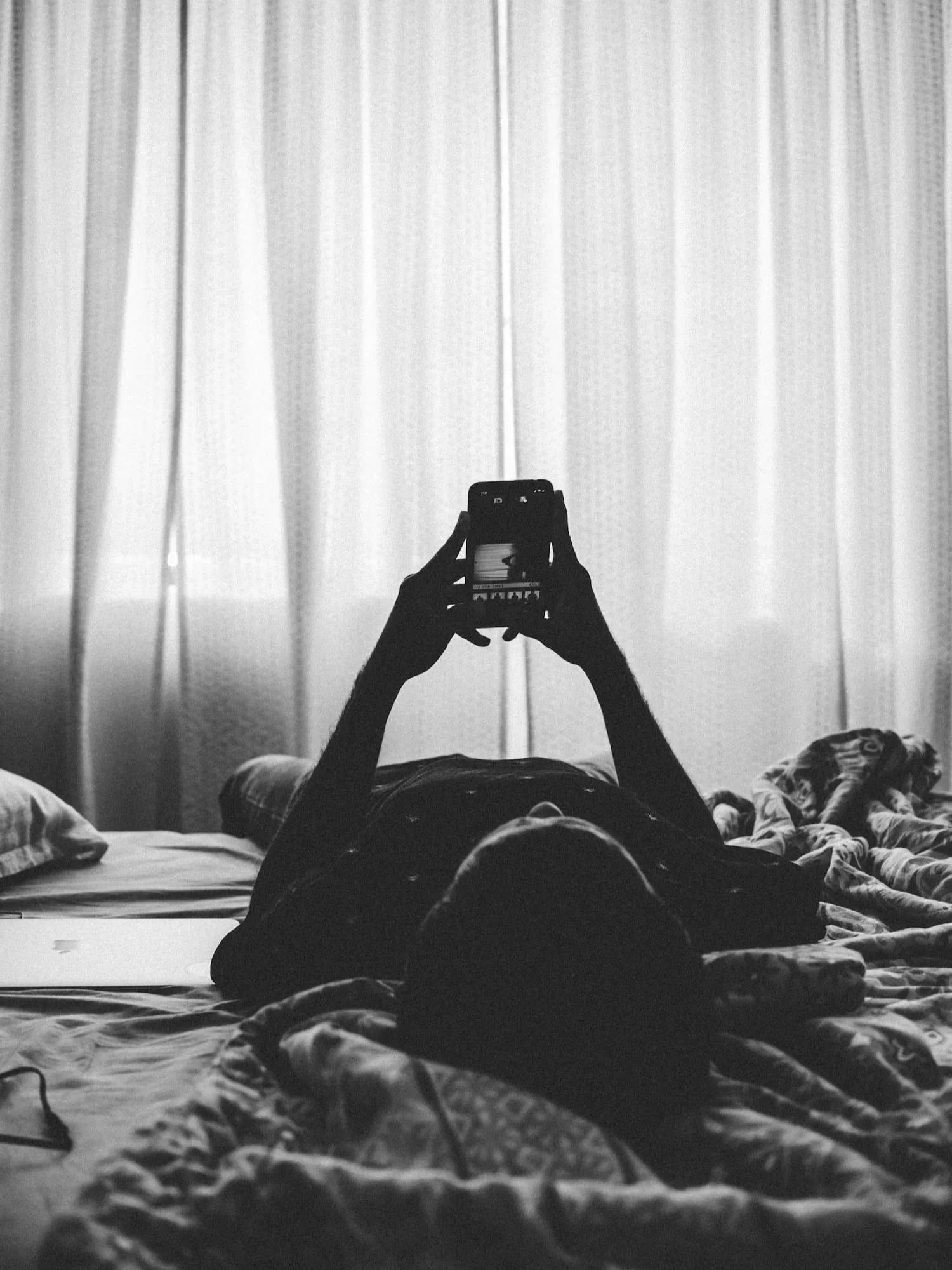OCD Subtype:
Relationship
Relationship OCD (ROCD) is an OCD subtype where you experience doubts and fears about your relationships—this can include romantic, familial or platonic ones. While it’s common to experience occasional relationship doubts, with ROCD these doubts are frequent and persistent causing distress to both the OCD sufferer and their partner. ROCD shows up in two main ways. In Relationship-Centered ROCD, the doubts circle around the relationship itself, with thoughts like “What if I’m not really in love?” or “What if this isn’t the right relationship for me?” In Partner-Focused ROCD, the spotlight shifts to your partner’s qualities, leading to worries such as “What if I’m not attracted enough to them?” or “What if I can’t get past this flaw?”
ROCD convinces you that you can’t trust your own feelings. It shows up as relentless doubt about your partner, your connection, or even your ability to love at all. You might find yourself endlessly analyzing interactions, comparing your relationship to others, or questioning if you’re attracted “enough.” These doubts don’t go away with reassurance or a pros and cons list—because the problem is not your relationship, it’s the relentless questioning of what you feel.
Relationship OCD can sound like:
I noticed someone else was attractive, does that mean I don’t really like my partner, or worse that I want to cheat on them?
Did I really feel anything the last time we kissed, is the spark gone?
That other couple seems so happy, is something wrong with us?
Maybe we aren’t truly compatible because he’s is not social enough.
Was their previous partner more successful/smart/funny/better looking than me?
How do I know this is what true love feels like?
Common ROCD Obsessions
Questioning whether you truly love your partner.
Constantly worrying you aren’t attracted to your significant other.
Fear of secretly wanting to be with someone else.
Excessive concerns that you're settling or that your partner deserves someone better.
Preoccupation with perceived flaws or imperfections in your partner.
Doubt about your true intentions in your relationship.
Common ROCD Compulsions
Comparing feelings about your partner with feelings you had about your ex.
Testing your feelings by imagining being with someone else.
Avoiding intimacy, commitment, or even spending time with their partner.
Monitoring the strength, frequency and intensity of your feelings towards your partner.
Seeking reassurance from friends, family, or therapists regarding the 'rightness' of your relationship.
Repeatedly confessing relationship doubts to close family, friends, or to your significant other.
Break The Cycle
Not Your Relationship
ROCD convinces you the problem is your partner—or your feelings—but the real problem is OCD. When you learn how to spot its patterns and stop engaging with them, you can finally put your energy back into what matters: connection, love, and living your life.
If you’re ready to stop looping and start living, let’s talk.




